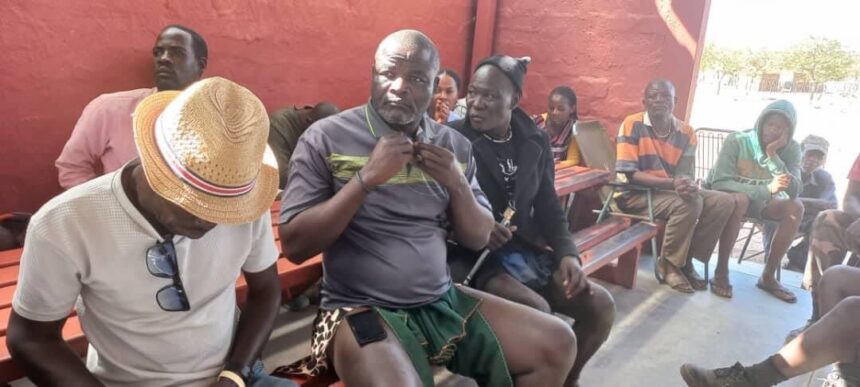By Lylie Happiness
A significant obstacle continues to plague the marginalized communities of the Omusati and Kunene Regions – the lack of identification documents. This pressing issue has drawn the attention of the Parliamentary Standing Committee on Constitutional and Legal Affairs at the National Assembly. In a proactive move, the committee convened meetings with marginalized communities in Onamatanga, Uutsathima, Otjijandjasemo, Kamanjab, and Ehomba. The primary objective of these sessions was to assess the government’s effective implementation of its strategic goals concerning the integration of marginalized communities into the socio-economic mainstream. Additionally, the committee scrutinized the allocation of budgets to programs and projects to determine if the intended beneficiaries were indeed reaping the benefits.
Within these communities, a resounding sentiment emerged – the urgent need for identification documents. The absence of proper documentation has created a roadblock to accessing crucial government grants, including Social Grants, disability support, and pensions. This hindrance has stifled the potential for these communities to enhance their quality of life and well-being.
Moreover, the lack of representation at the traditional authority level compounds the challenges faced by these marginalized communities. The absence of a voice at decision-making levels, where vital matters affecting their daily lives can be addressed, underscores a significant concern.
In recent days, the Constitutional Committee has embarked on a series of engagements with marginalized communities in the Zambezi and Kavango East Regions. These week-long interactions have been strategically designed to evaluate the efficacy of government programs and initiatives aimed at uplifting marginalized communities.
As the plight of the marginalized communities gains attention on the national stage, these dialogues and assessments mark essential steps toward rectifying the systemic issues they face. It is through such constructive engagement that meaningful progress can be made in ensuring that every citizen, regardless of background, has equal access to opportunities and a brighter future.- Namibia Daily News
Post Views: 1



Leave a Reply